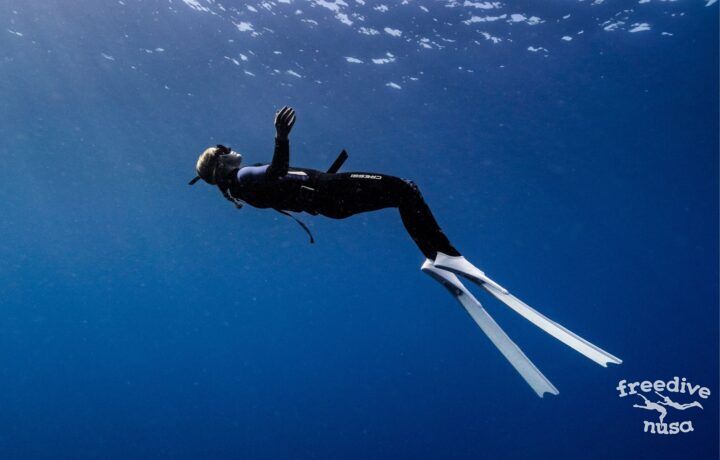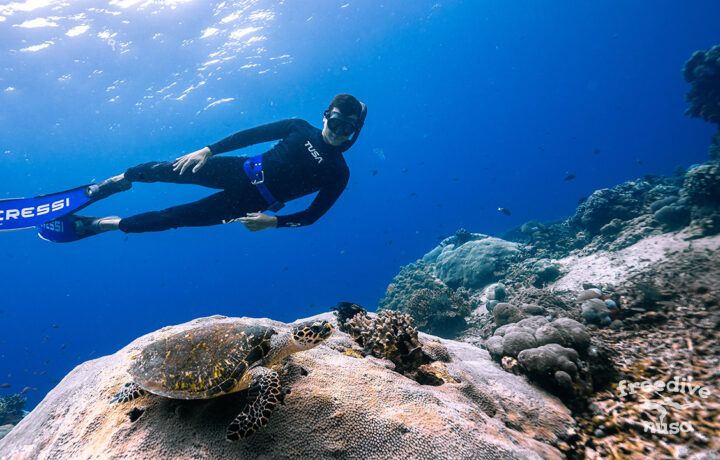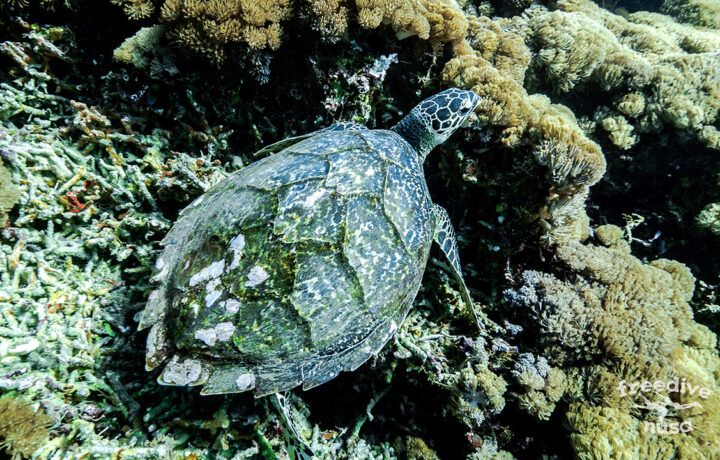Freediving is growing more popular every day all over the world, attracting more and more people. People start wondering how to learn freediving for many reasons: some draw inspiration from beautiful underwater videos or documentary movies; some know a freediver or a spearfisher and want to join the community; some, while diving with a scuba, saw “strange” people without tanks diving to the same depths much faster on a single breath. Many people decide to try freediving exercises to deal with their fear of the water because, as we know, the best option to conquer fear is to look into its eyes.
The purpose of this article is to tell you a bit more about what to expect from your first freediving course if you are still in doubt about taking it.
Understanding the physiology of the process
It’s important to know what exactly happens to your body while you hold your breath and freedive to depth. It eliminates lots of the stress caused by uncertainty. When you know what to expect and why something happens one way and not another, especially when you discover that your body and reflexes play by your side, it’s much easier to relax and enjoy the whole process.
Increasing your breath hold in a safe manner
The majority of people, when asked how long they think they can hold their breath for, answer “Oh, I can’t even do 1 minute!” After the first day of the course, most of the people have a smile on their faces, saying “I couldn’t believe this”. There was one student who did 5:30 minutes on the first day of the freediving course and was completely shocked all the day after because he couldn’t believe the stopwatch. Not everyone can do such a long breath hold on the first day, and there’s no need for it, but, for sure, you will be surprised by your own results. There are many freediving exercises, relaxation techniques, and specific breath training for freediving which the instructor shows to students at the course to teach them to stay without the air for longer.
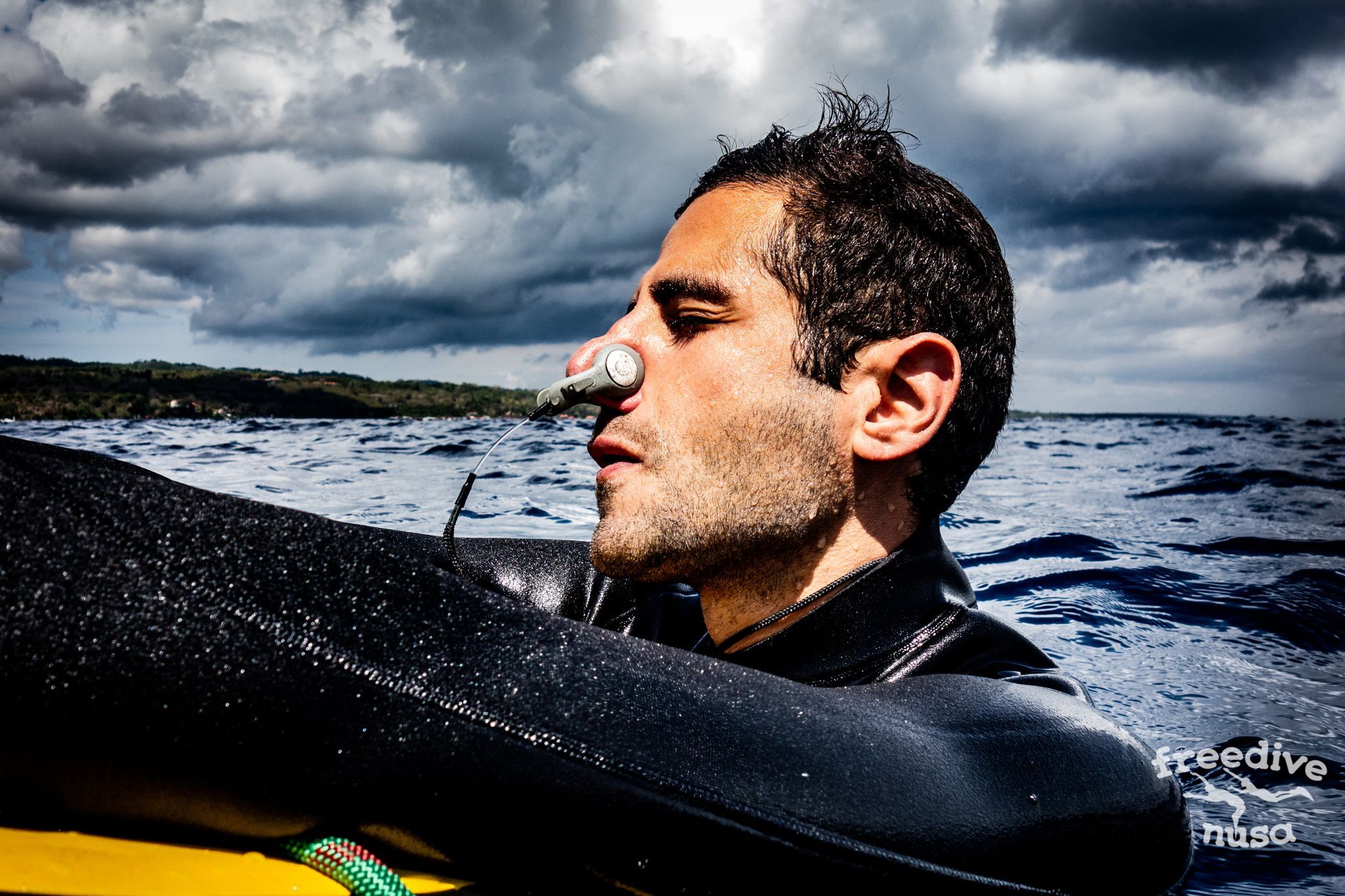
Learning equalization
Equalization in freediving is different than in scuba diving, because freedivers are descending faster, head down, and don’t have a tank with the air behind their backs. In your basic course, you’ll be introduced to the Frenzel maneuver, which allows you to equalize with all the above conditions. You’ll practice various exercises to increase your awareness of muscles involved in the process on dry land and then transfer the skills to the water.
Diving techniques
Learning the most efficient way to dive from the surface, maintaining body position, and practicing proper finning techniques help to save a lot of effort. The proper technique helps to save precious oxygen, and, as a result, makes your dives more pleasant, effective, and, of course, longer. The instructor will always be by your side to correct your position and give advice on what to improve and how to do it best.
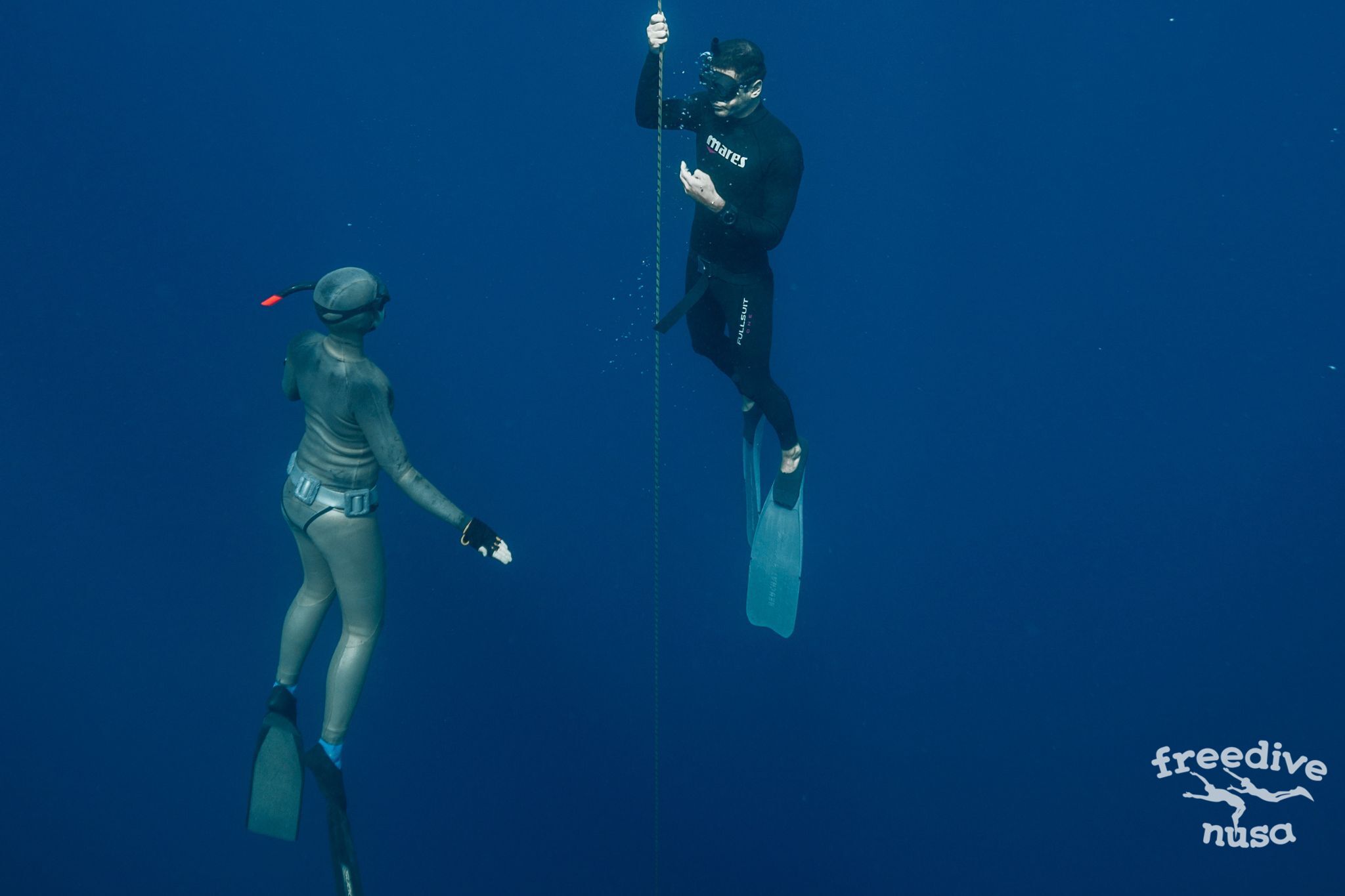
Safety measures and accident prevention
A lot of the attention on the courses is dedicated to safety, and this is the number one priority. Freediving is a safe sport when practiced correctly without neglecting safety standards. A lot of accidents can be prevented if you follow the rules, so during your education, the instructor will show how to use the equipment safely, describe the issues that may happen, and explain how to prevent them and what to do in case of an accident.
Quality of the information
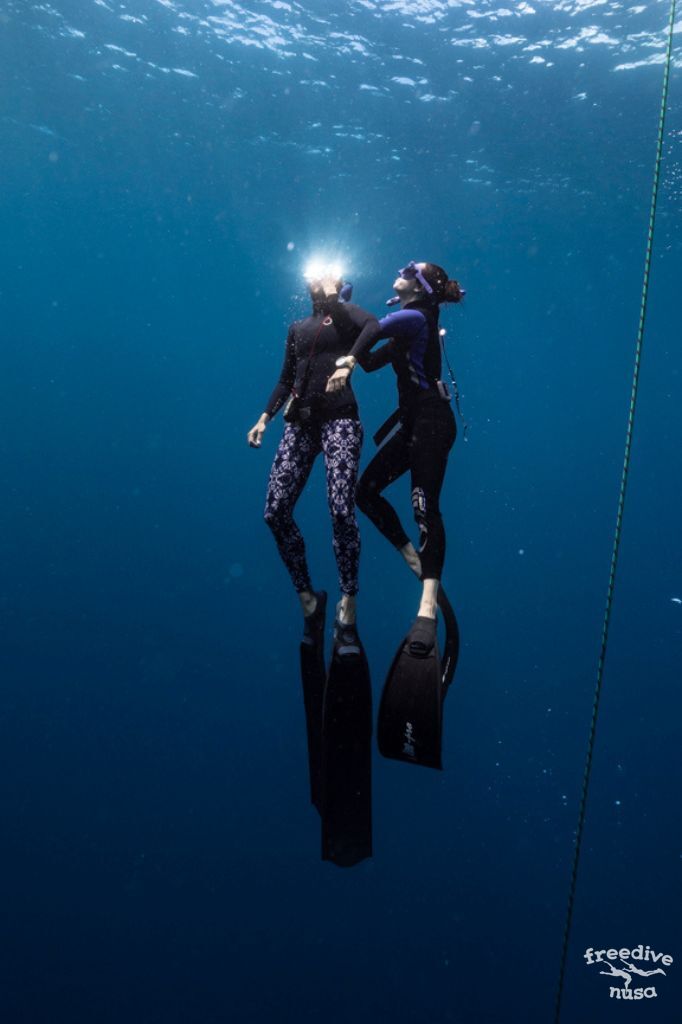 There are tons of unverified information on the internet regarding freediving, so it’s very easy to get confused. Sometimes that information can be controversial, so you never know what to believe. Taking a freediving course from an experienced instructor teaching under a world-recognized organization, you won’t have this problem. The manuals of the organizations are verified by many professional knowledgeable freedivers, medics, and lawyers, which means you receive the most accurate and updated information. Moreover, if you have questions, a professional instructor always is ready to clarify them and provide you with an answer.
There are tons of unverified information on the internet regarding freediving, so it’s very easy to get confused. Sometimes that information can be controversial, so you never know what to believe. Taking a freediving course from an experienced instructor teaching under a world-recognized organization, you won’t have this problem. The manuals of the organizations are verified by many professional knowledgeable freedivers, medics, and lawyers, which means you receive the most accurate and updated information. Moreover, if you have questions, a professional instructor always is ready to clarify them and provide you with an answer.
Fun
In addition, there’s one more important thing: taking a freediving course is just fun. You’re trying something new in a company of like-minded people and making friends. You discover your mind and body can do things you didn’t know they could do before. You acquire a meditative state of mind in the underwater world while meeting new members of the worldwide freediving community.
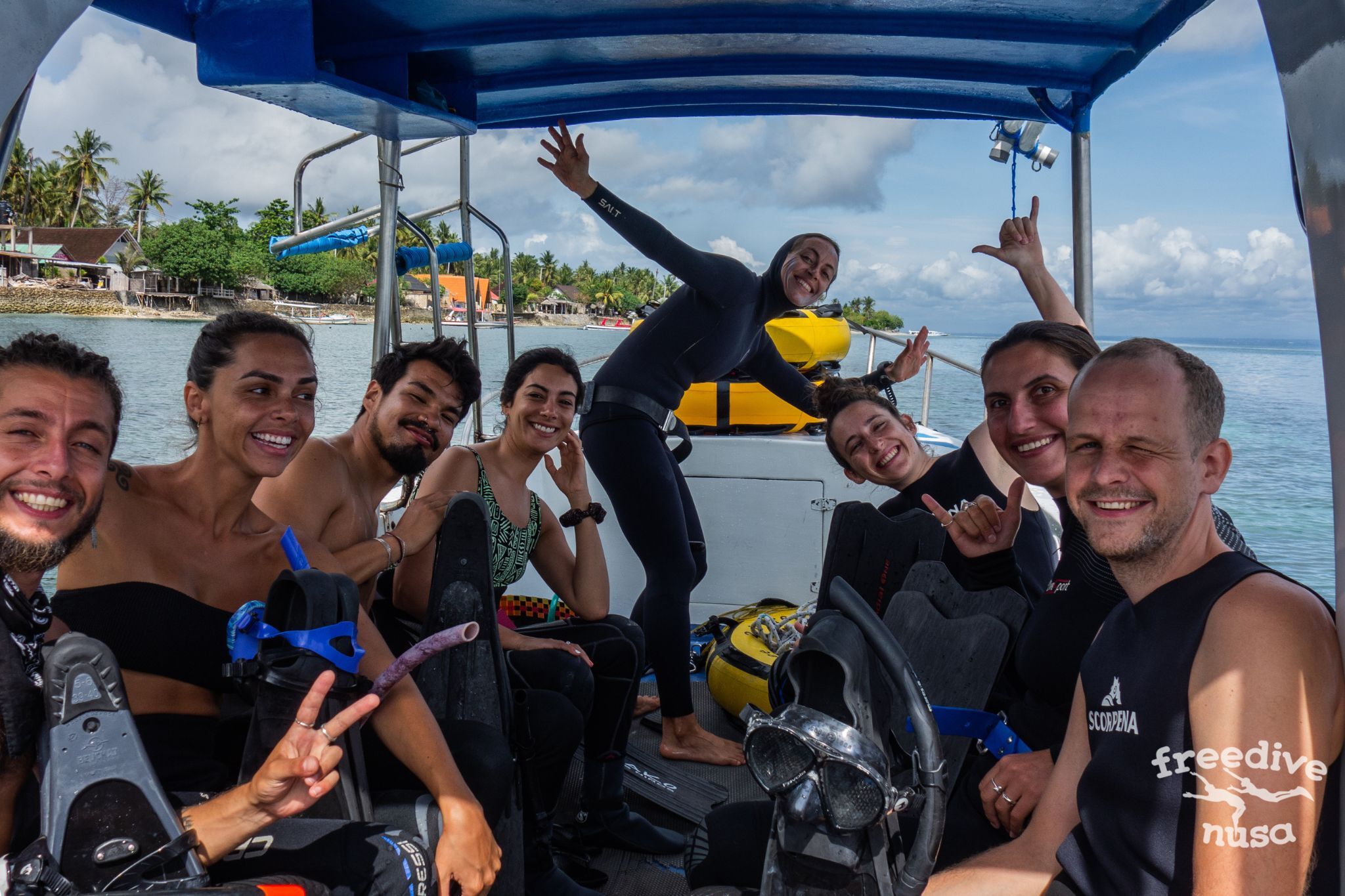
Summary
Taking a basic freediving course will bring you a lot of new knowledge and impressions. You’ll understand why this practice is so natural for humans and how our body adapts to being underwater. You’ll become aware of relaxation techniques that will help relax your body and mind and consume oxygen in the saving mode.
You’ll learn how to safely dive with a buddy, prevent accidents, and react right in case of emergency. So, in short, you’ll become a confident freediver able to discover the underwater world with a buddy in a safe and comfortable manner.
You can also sign up for freediving courses of different levels on our website: Advanced Freediving Course – Level 2 and Deep Diving Course – Level 3

